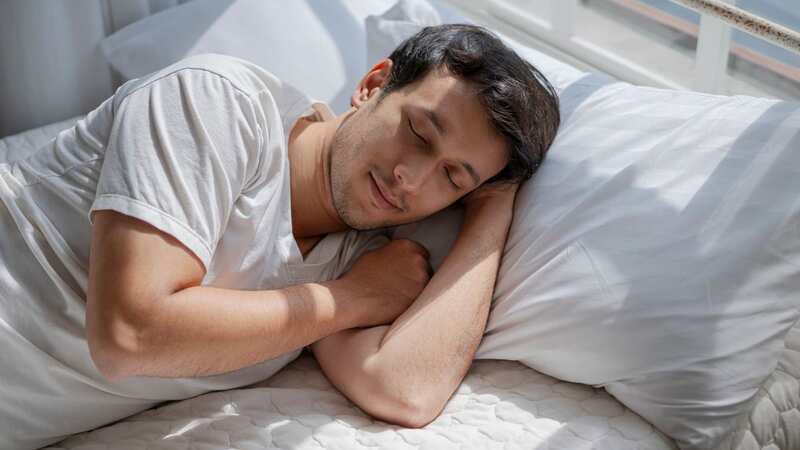Sleep mistake significantly increases diabetes risk - but many are guilty of it

Millions of Brits struggle to get enough sleep - and the consequences could be stark.
A new poll conducted on behalf of Travelodge surveyed 2,000 British adults and found a whopping 47 per cent of respondents struggle to nod off at night. It's easy to get into a vicious cycle, where you're lying in bed annoyed and anxious you can't fall asleep - which then keeps you up all night worrying.
A significant 41 per cent of Brits also agreed that getting a bad night's sleep is the 'number one way to ruin your day'. But running on empty doesn't just leave you feeling grouchy - it could also be putting you at a higher risk of developing type two diabetes.
New research published in JAMA, analysed the sleeping adults and diets of more than 247,000 adults in the UK Biobank. It concluded that those who slept less than six hours per night were at a 'notably higher risk' of developing type two diabetes compared to those who managed to get seven-eight hours worth of sleep.
This correlation was even found amongst participants who followed a healthy diet consisting of low red meat and high fruit and vegetable consumption. "Based on current evidence, increasing daily sleep duration to at least seven hours may reduce the risk of T2D in individuals with insufficient sleep," the study said.
 Teachers, civil servants and train drivers walk out in biggest strike in decade
Teachers, civil servants and train drivers walk out in biggest strike in decade
"Nevertheless, challenges in achieving the recommended sleep duration persist, including factors such as work schedules, childcare responsibilities, and economic pressures." Scientists added that further research in neccessary to validate these findings.
Want the latest health news and fitness tips sent straight to your inbox? Sign up to our
According to the NHS, health adults usually need 'around seven to nine hours' of sleep per night. Children require between nine -13 hours of kip, whilst toddlers and babies need 12-17 hours of snooze time.
However, the body states that 'age, health and personally circumstances' may affect this - and explains that 'some people naturally sleep more than others'. It recommends avoiding caffiene, smoking and alcohol at least six hours before going to bed and not eating a 'big meal late at night' to aid sleep.
If you've been struggling with sleep for months and have tried implementing measures to help you doze off - you should contact your GP. You can find more tips on getting a good night's sleep here.
Read more similar news:
Comments:
comments powered by Disqus

































